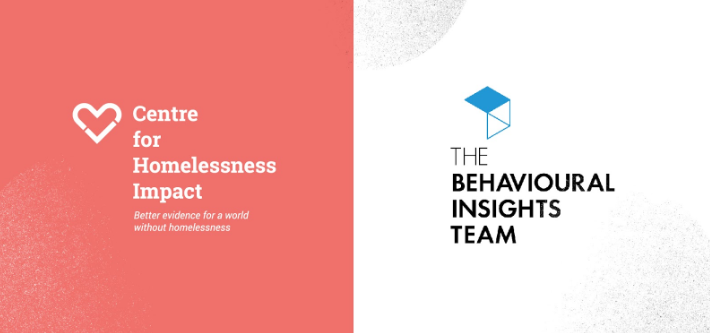Simone Biles, Naomi Osaka, Michael Phelps. For most, these three names evoke images of the world’s greatest athletes. But they share something more – opening up about their struggles with mental health. This issue is not reserved for those in the limelight, and it is not new. National polls in the US show that mental health issues are on the rise.
Unfortunately, this epidemic has been exacerbated by COVID-19, with more than 42% of people surveyed reporting symptoms of anxiety or depression in December, an increase from 11% the previous year. Data from other surveys suggest that the picture is similar worldwide.
History has shown that the mental health impact of disasters outlasts the physical impact, suggesting today’s elevated mental health need will continue well beyond the coronavirus outbreak itself – creating a need for innovative, sustainable solutions to mental health and wellbeing. Behavioral insights can help the field of well-being meet this challenge in new ways, bringing in light-touch, evidence-based approaches to support scaling and evaluation.
Why behavioral science?
For decades, policies have relied on the notion that humans were entirely rational creatures capable of making complex decisions. We now know that decision-making is much more complex. Humans tend to take common and predictable mental shortcuts when it comes to important decisions.
The field of wellbeing represents a classical behavioral “failure”, with people misperceiving the choices that will increase their happiness and wellbeing. The nonconscious drivers of our happiness, much like our behavior more broadly, are critical and frequently misunderstood.
People think they know what makes them happy, when in reality effective strategies to improve wellbeing are often different from what we assume. For example, we tend to overestimate the potential impact of major life events like winning the lottery or starting a new job when research suggests that simple everyday pleasures like sitting outside enjoying the sun may be greater predictors of overall wellbeing.
We see behavioral science as an effective way to promote evidence-based wellbeing practices that can lead to sustainable behavior change. The combination of behavioral insights & wellbeing science can strengthen and advance traditional approaches by:
Encouraging uptake of existing mental health and wellbeing services. We know a lot about how to make services easy, attractive, social and timely (EAST) to help overcome barriers to uptake. Even when people have access to resources and tools to support their mental health, there are a number of barriers (e.g. limited awareness, time scarcity, friction cost, stigma) preventing them from getting the help needed. Behavioral insights techniques can be applied to increase the uptake of these services. For example, if a company has a mental health program – behavioral insights can point to approaches, such as lowering friction cost, to increase uptake.
Drawing on light-touch “nudges” as a pathway for cost-effective and scalable solutions. Research on interventions to promote wellbeing are typically time and resource intensive and costly – limiting their ability to be scaled at a larger level. This is especially problematic in countries where access to mental health resources is dependent on health insurance. BIT’s work focuses on how to develop solutions that are light-touch and cost-effective, helping to overcome resource constraints.
Using rigorous evaluation methods for wellbeing interventions. There is a great deal of theory on the science of wellbeing – but a lack of literature on the application and efficacy of potential interventions. BIT’s work over the past 10 years has shown that it is possible to test theoretical concepts in real-world, large-scale randomized controlled trials to learn what works, and for what populations. It is only through rigorous testing that we are able to move towards scaling informed policies and interventions for citizens.
Society has come a long way with major public figures contributing to efforts to reduce the stigma around mental health and prioritizing wellbeing. Alone this is not enough to move us forward to ensuring wellbeing is a right for every citizen. With our unique insight on and understanding of human behavior, expertise in rigorous evaluation and innovative approach to targeting complex problems, BIT is excited to be working in this area to support a sustained approach to meet this need.
For more information on how BIT can help please contact Emily Larson at emily.larson@bi.team




